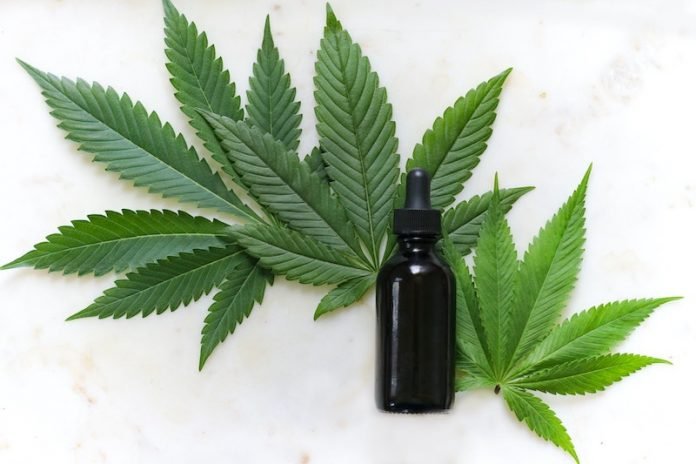
In a new study, researchers found among younger adults who had a previous stroke or a transient ischemic attack (TIA) and were later hospitalized for any cause, recurrent stroke was far more likely among patients with cannabis use disorder.
Cannabis use disorder is defined as dependent use of cannabis despite having a psychological, physical and social functioning impairment.
According to the American Heart Association, stroke rates are increasing in adults between ages 18 and 45, and each year young adults account for up to 15% of strokes in the United States.
In the study, the researchers examined health information from 161,390 adults between 18-44 years of age who had been hospitalized for any reason between October 2015 and 2017.
They found 4,690 patients who had been diagnosed with cannabis use disorder and 156,700 who had not. The median age for both groups was 37 years.
The study found that when compared with patients without cannabis use disorder, patients with the condition were more likely to be diagnosed with chronic obstructive pulmonary disease (21.5% vs. 19.0%), depression (20.4% vs. 16.1%) or psychosis (11.2% vs. 7.5%);
Significantly more likely to abuse alcohol (16.5% vs. 3.6%); and
less likely to have high blood pressure (53.1% vs. 55.6%), diabetes (16.3% vs. 22.7%), high cholesterol (21.6% vs. 24.1%) or obesity (12.0% vs. 19.6%).
Among adults with cannabis use disorder, 6.9% were hospitalized for a recurrent stroke, compared to only 5.4% hospitalized without the disorder.
After adjusting for other factors, patients with cannabis use disorder were 48% more likely to have been hospitalized for recurrent stroke than those without the disorder.
The team says younger marijuana users who have a history of stroke or TIA remain at significantly higher risk of future stroke.
Therefore, it is essential to increase awareness among younger adults of the adverse impact of chronic, habitual use of marijuana, especially if they have heart disease risk factors or previous stroke episodes.
The researchers say that cannabis use disorders include impairment of blood vessel function, changes in blood supply, an increased tendency towards blood-clotting, impaired energy production in brain cells, and an imbalance between molecules that harm healthy tissue and the antioxidant defenses that neutralize them.
If you care about stroke risk, please read studies about mental problem that may triple stroke risk, and combo therapy that could cut risk of heart attack and stroke by half.
For more information about stroke, please see a recent case that after three strokes, he ‘overheard’ the grim prognosis and fought back, and case showing that retired entertainer thought she slept awkwardly. It was a stroke.
The study was presented at the American Stroke Association’s International Stroke Conference 2022 and was conducted by Akhil Jain et al.
Copyright © 2022 Knowridge Science Report. All rights reserved.




